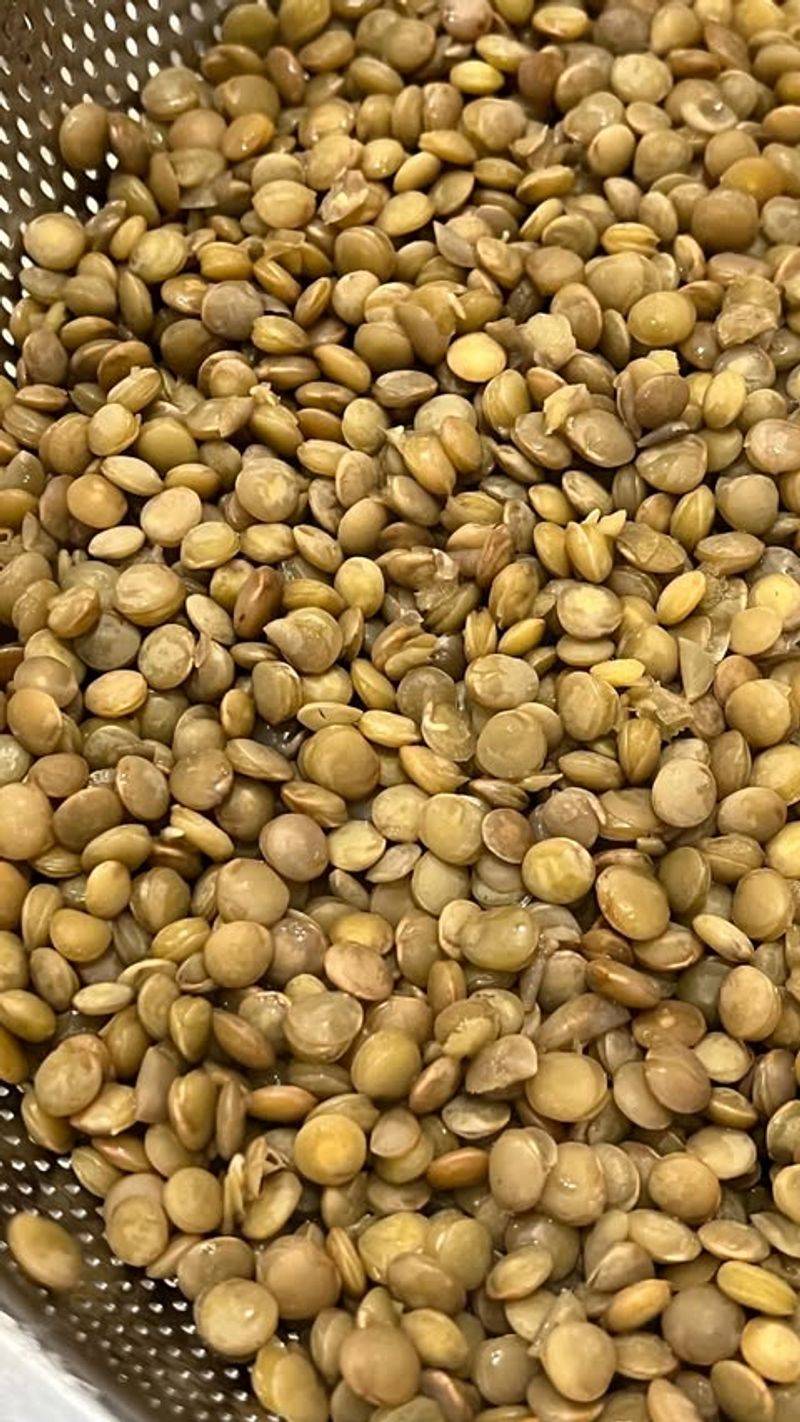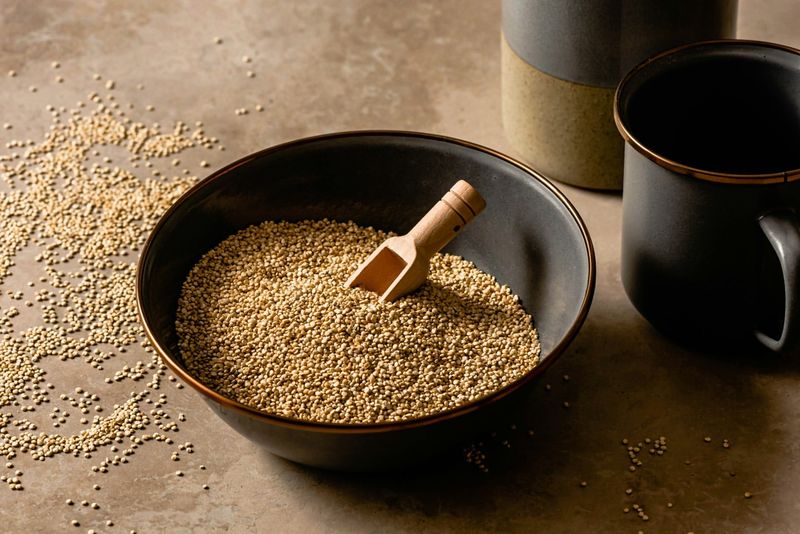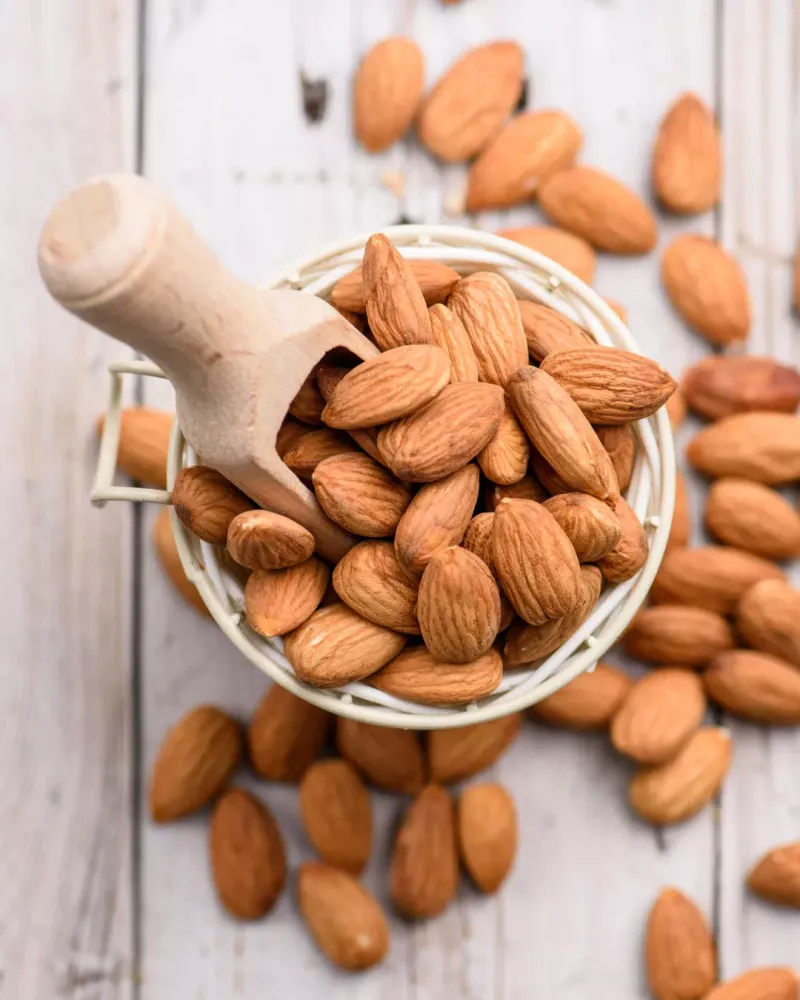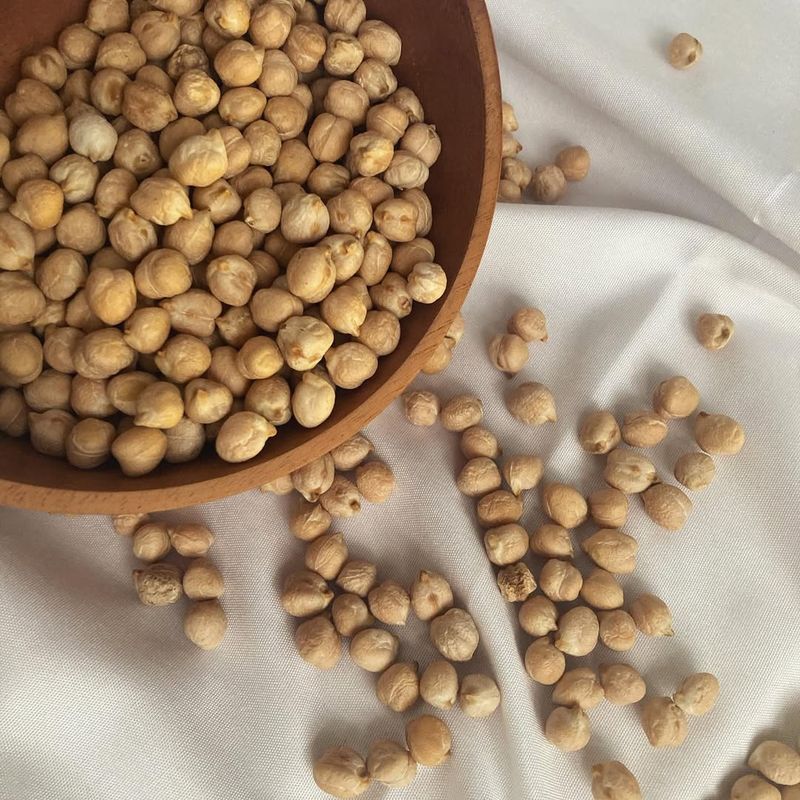10 Proteins You Should Eat Every Week, According to a Dietitian

Discovering the right proteins to incorporate into your weekly meals can enhance your diet and boost overall health. Dietitians recommend a varied protein intake to ensure a balanced nutrient profile. This list delves into ten essential proteins that should feature in your diet regularly, each offering unique health benefits and culinary possibilities.
1. Chicken Breast

Chicken breast is a lean protein choice that is both versatile and delicious. Packed with essential amino acids, it supports muscle growth and repair. Whether grilled, baked, or poached, chicken breast adapts well to various cuisines. Including chicken breast in your meals can help in maintaining a healthy weight due to its low-fat content. It’s also a great source of B vitamins, which are important for energy metabolism. Adding herbs and spices can enhance its flavor without adding extra calories. Try marinating it for a more flavorful experience.
2. Salmon

Salmon stands out as a protein rich in omega-3 fatty acids, which promote heart health. This fish is not only delicious but also supports brain function and reduces inflammation. Regular consumption of salmon can improve cholesterol levels and lower blood pressure. It’s an excellent source of vitamin D and B vitamins, enhancing bone health and energy production. Enjoy salmon grilled, baked, or smoked. Pair it with leafy greens or whole grains for a balanced meal. Consider sustainability when choosing wild-caught or responsibly farmed options.
3. Eggs

Eggs are a nutritional powerhouse, providing high-quality protein and essential nutrients. Each egg contains about six grams of protein, supporting muscle development and repair. Eggs are rich in choline, which is crucial for brain health and function. They also offer antioxidants like lutein and zeaxanthin, promoting eye health. Versatile and easy to prepare, eggs can be boiled, scrambled, or poached. They make an excellent addition to salads or sandwiches. Opt for free-range or organic eggs for added nutritional value.
4. Greek Yogurt

Greek yogurt is a creamy and tangy protein source beneficial for gut health. It’s packed with probiotics, which support digestion and strengthen the immune system. A single serving provides a substantial amount of calcium, promoting bone health. It’s also lower in lactose compared to regular yogurt, making it suitable for some lactose-sensitive individuals. Use Greek yogurt as a base for smoothies, or enjoy it with fruits and nuts for a nutritious snack. Choose unsweetened varieties to avoid added sugars and maximise health benefits.
5. Lentils

Lentils are an excellent plant-based protein option, providing fiber and essential nutrients. They are rich in iron, folate, and potassium, supporting heart health and lowering cholesterol. Lentils are low in fat and calories, making them ideal for weight management. Their high fiber content aids digestion and promotes satiety. Incorporate lentils into soups, stews, or salads. They absorb flavors well, enhancing any dish they are added to. Experiment with different spices to create unique and satisfying meals.
6. Tofu

Tofu is a versatile plant-based protein derived from soybeans. It’s an excellent source of calcium and iron, supporting bone and blood health. This protein is particularly popular among vegetarians and vegans for its adaptability in various cooking styles. Tofu can be grilled, stir-fried, or blended into smoothies. It easily absorbs flavors, making it a great option for marinating. Pair tofu with colorful vegetables to create a balanced and nutritious meal. Opt for non-GMO or organic tofu to ensure quality and sustainability.
7. Quinoa

Quinoa is a complete protein, providing all nine essential amino acids. This ancient grain is also rich in fiber, magnesium, and antioxidants. Quinoa supports heart health and regulates blood sugar levels due to its low glycemic index. It’s naturally gluten-free, making it suitable for those with gluten sensitivities. Cook quinoa as a base for salads or as a side dish. Enhance its flavor by cooking it in vegetable broth or adding herbs and spices. Quinoa’s versatility makes it a valuable addition to any diet.
8. Almonds

Almonds are a heart-healthy snack, packed with protein, healthy fats, and fiber. They are also a great source of vitamin E, an antioxidant that supports skin health. Regular consumption of almonds can lower cholesterol levels and reduce the risk of heart disease. Their combination of protein and fiber promotes satiety, aiding in weight management. Enjoy almonds as a snack, add them to salads, or use almond butter as a spread. Choose raw or dry-roasted varieties to maximize their health benefits.
9. Chickpeas

Chickpeas are a versatile and protein-rich legume, offering both nutrition and flavor. They’re high in fiber, aiding digestion and promoting a healthy gut. Chickpeas contain essential minerals like iron and magnesium, supporting energy production and bone health. They are also known to help maintain stable blood sugar levels. Incorporate chickpeas into salads, stews, or make hummus. Their texture and mild flavor allow them to blend well with various ingredients. For convenience, choose canned chickpeas with no added salt.
10. Cottage Cheese

Cottage cheese is a protein-rich dairy product often enjoyed as a light snack. It’s low in fat and calories, making it a suitable option for weight management. Rich in casein, a slow-digesting protein, cottage cheese provides a steady release of amino acids, perfect for muscle repair. It also contains calcium and phosphorous, essential for bone health. Enjoy cottage cheese on its own, or pair it with fruits or toast. Choose low-sodium options to further benefit heart health. Its mild flavor complements both sweet and savory dishes.
